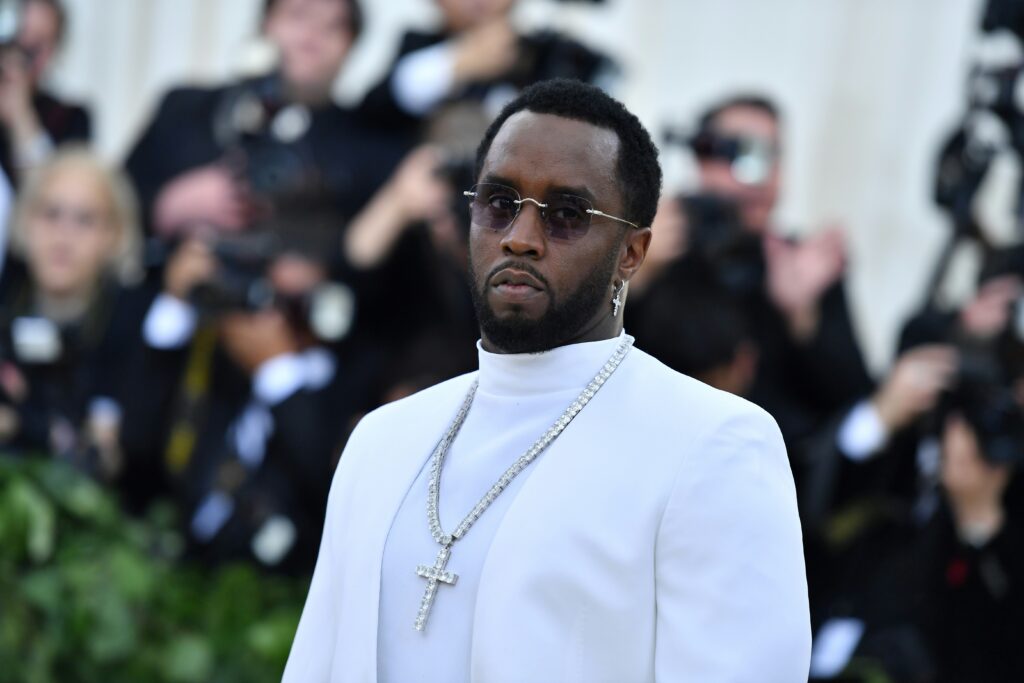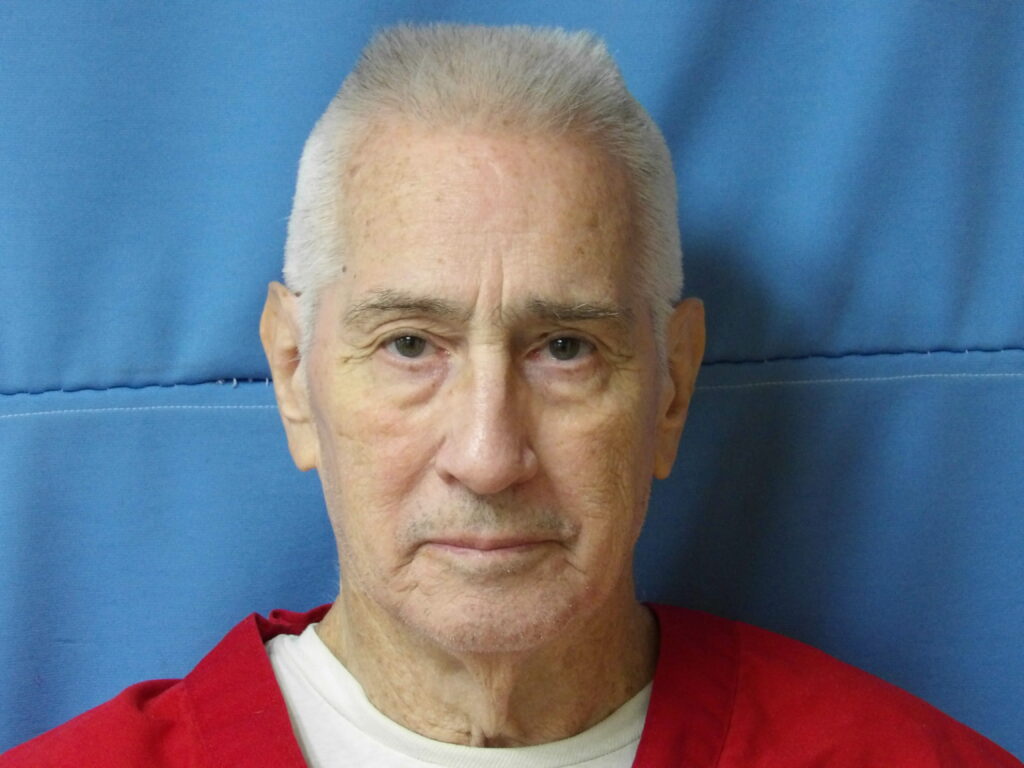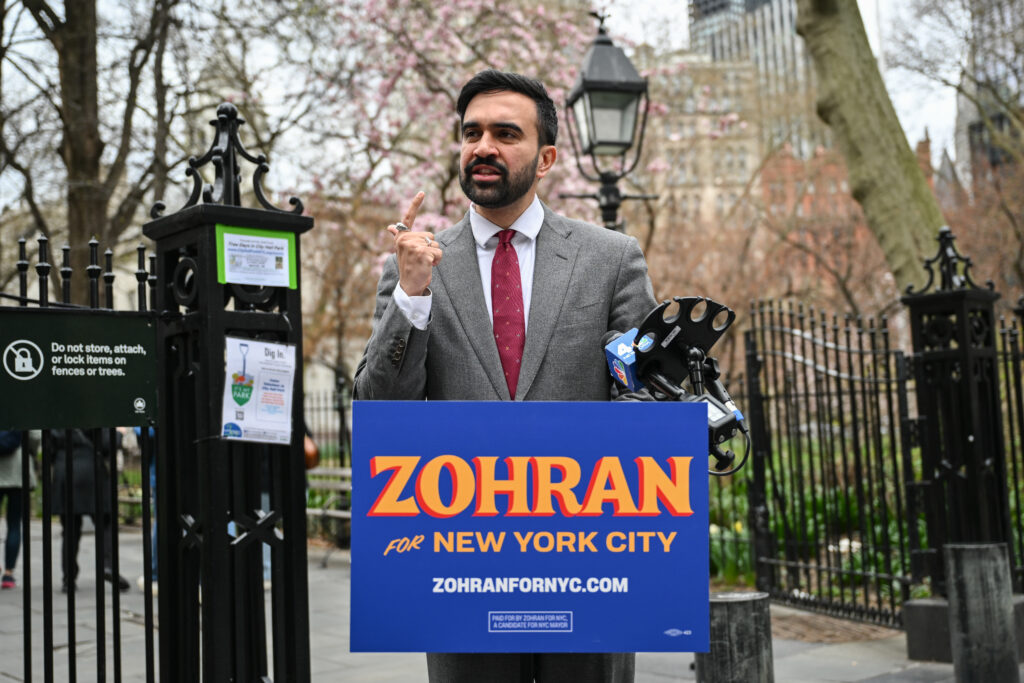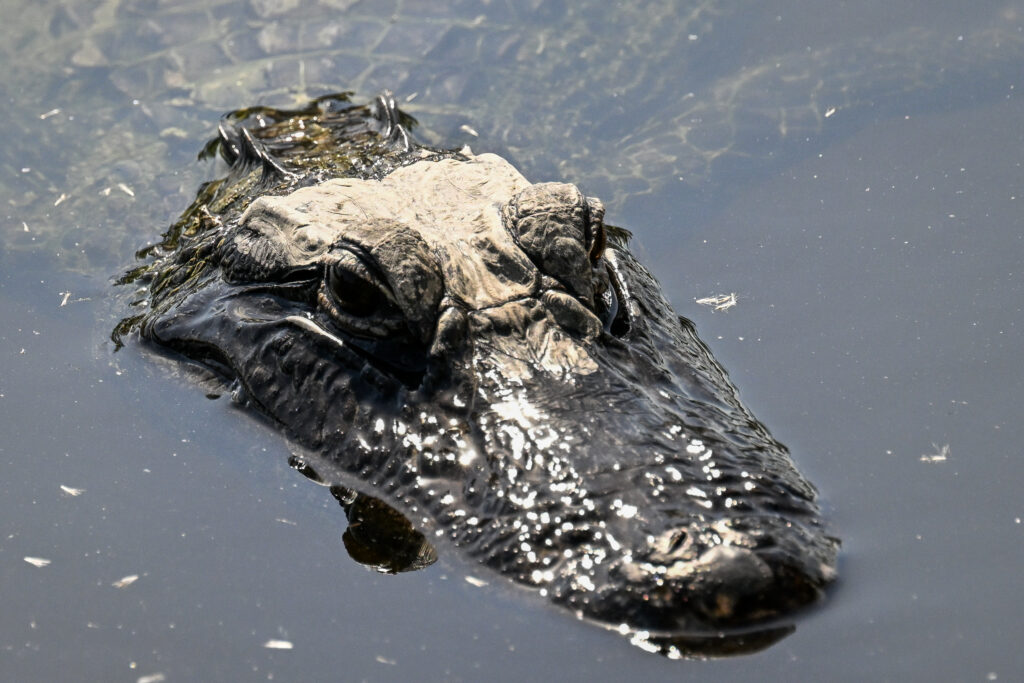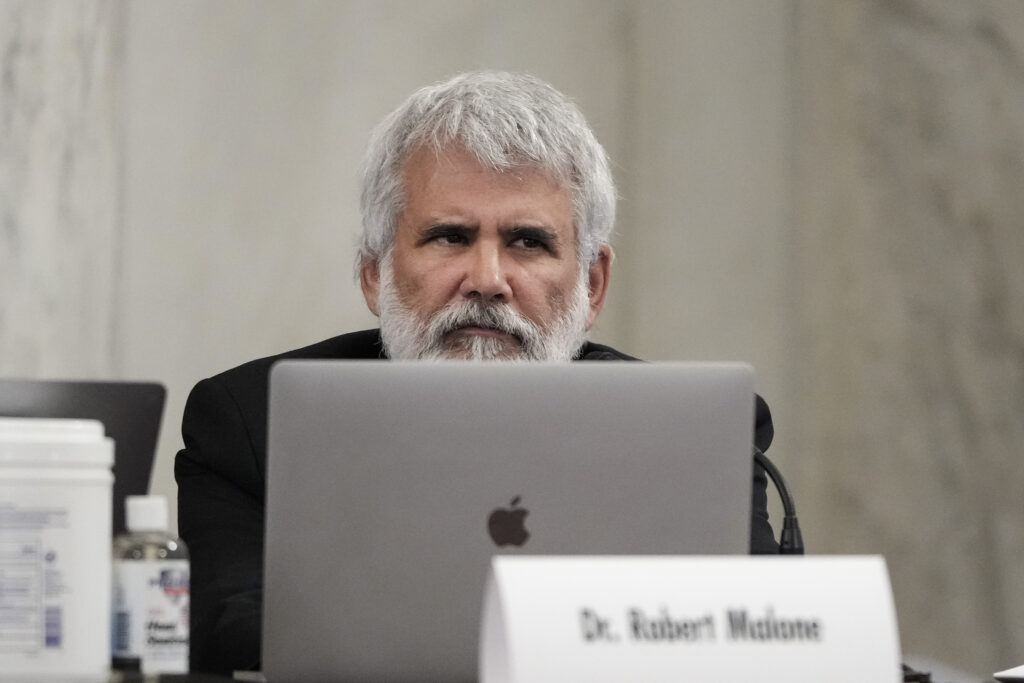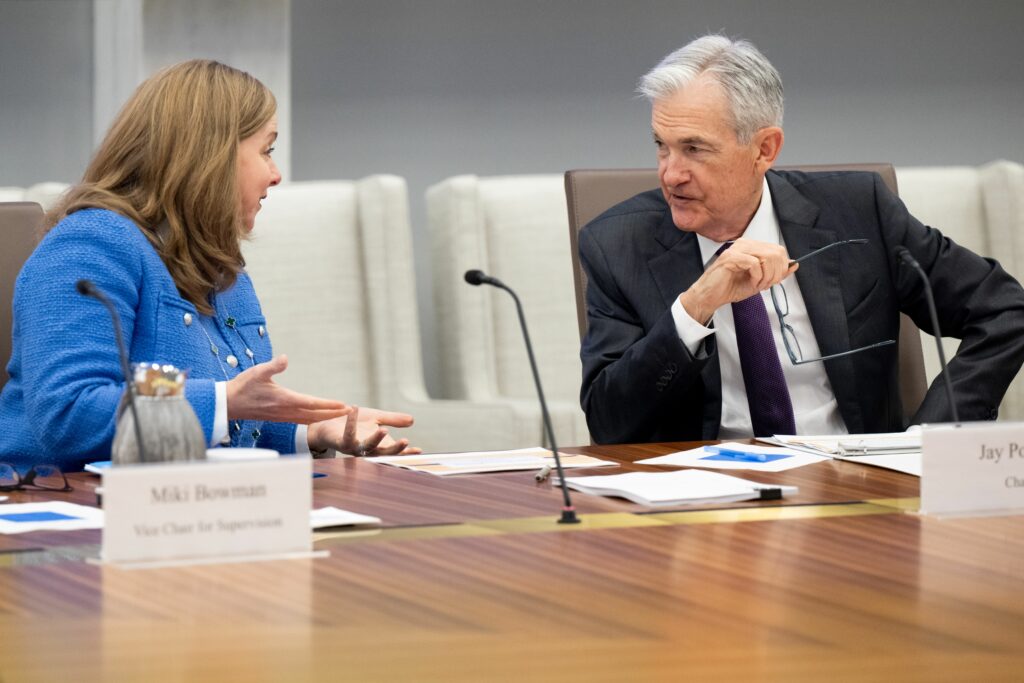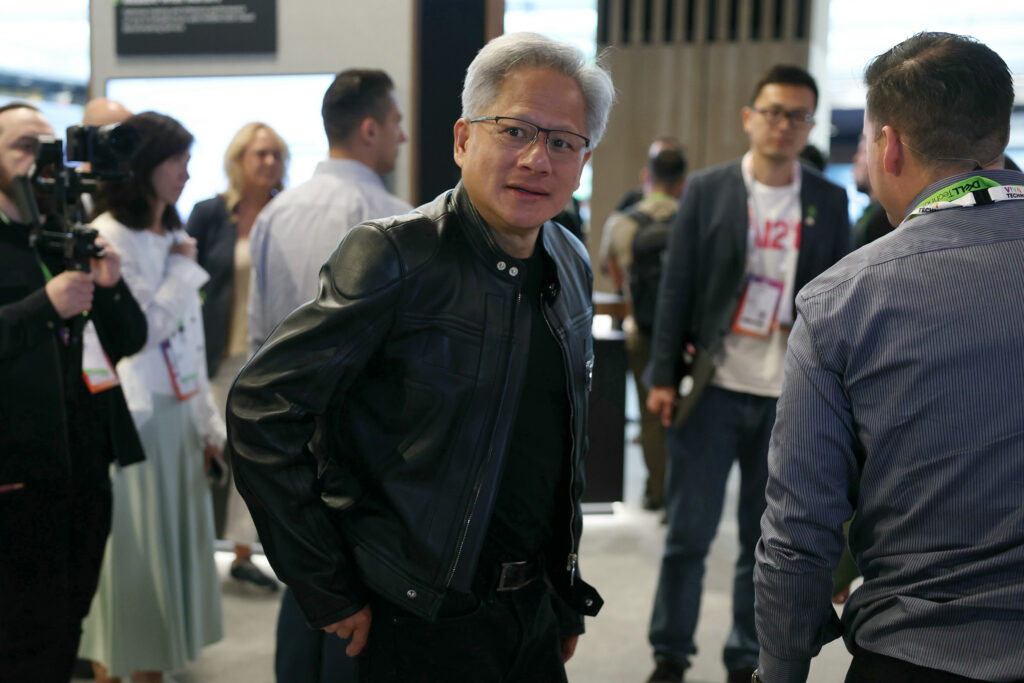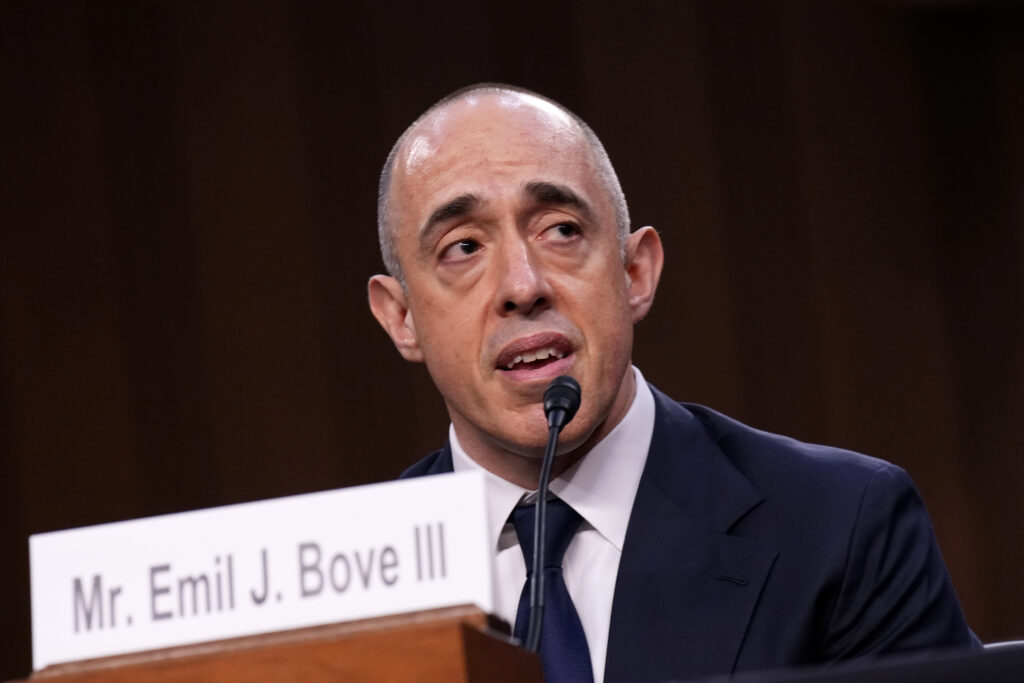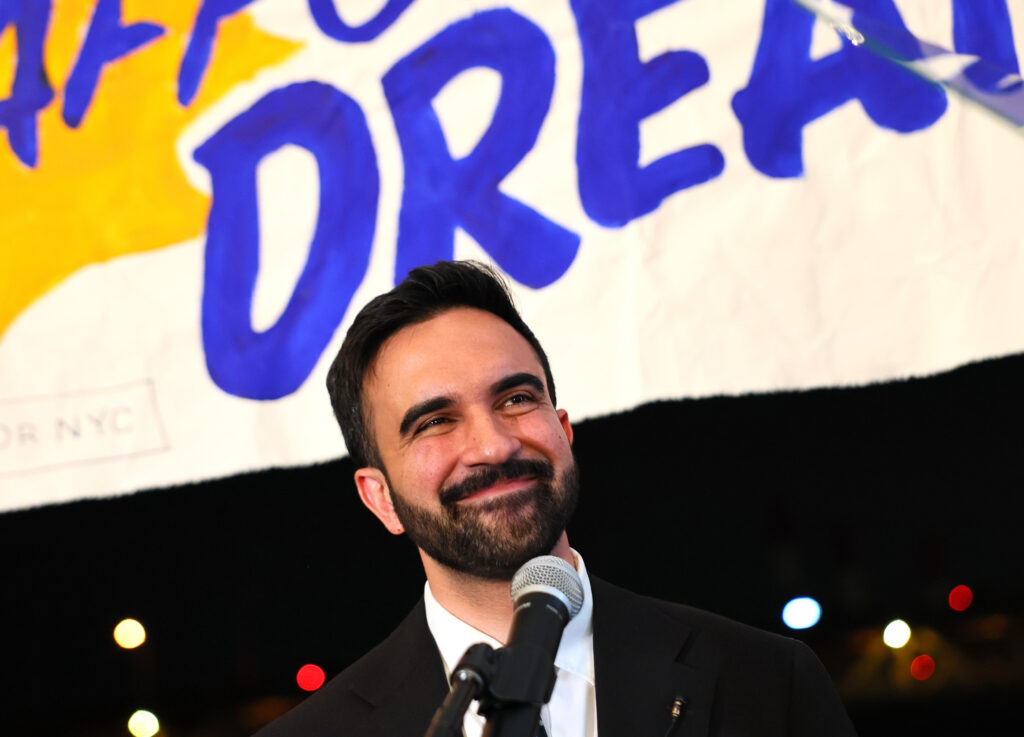Trial of Sean ‘Diddy’ Combs heads into closing arguments
After weeks of painstaking testimony in the high-profile trial of Sean “Diddy” Combs, legal teams will enter a pivotal moment of the proceedings Thursday as they deliver closing arguments.Both sides have said their climactic summations will last several hours each, as the fate of the once-powerful music mogul hangs in the balance.Prosecutors say Combs, 55, masterminded a decades-long pattern of wrongdoing that saw him and an inner circle of employees carry out crimes including forced labor, arson, bribery and witness tampering.The famed producer coerced two women — the singer Casandra Ventura and later a woman who testified under the pseudonym Jane — into years of drug-addled sex with paid escorts, prosecutors say.The most serious charge of racketeering — which includes the existence of a criminal enterprise that committed a pattern of offenses — could send Combs to prison for life. He also faces two charges of sex trafficking and two more for transportation for purposes of prostitution.But Combs denies it all: his lawyers have argued the artist’s relationships were consensual and have sought to convince jurors that many of the witnesses who testified were doing so for reasons including financial gain or jealousy.Along with alleged victims, government witnesses included former assistants and other employees, as well as escorts, friends and family of Ventura, and a hotel security guard who said he was bribed with $100,000 in a paper bag.Law enforcement officials and a forensic psychologist were also among the 34 individuals to take the stand.Combs opted against testifying on his own behalf, a common strategy of defense teams who are not required to prove innocence, only to cast doubt on government allegations of guilt.The government’s evidence included thousands of pages of phone and text records, and hours of testimony involved meticulous readings of some of the most explicit and wrenching exchanges.Many of those records appear to indicate distress on the part of the alleged victims. But a lot of the messages also show affection and desire — texts the defense underscored again and again.Jurors have seen video evidence of the sex parties prosecutors say were criminal, while the defense has exhibited exchanges they said imply consent.Also in evidence are reams of financial records — including CashApp payments to escorts — as well as flight and hotel records.- Deliberations up next -Since early May the proceedings have gripped the Manhattan federal courthouse where they’re taking place. And though electronics — that includes phones, laptops, and even AirPods — are barred from the building and must be left with security, dozens of influencers and content creators have buzzed around the courthouse’s exterior every day, delivering hot takes to eager social media fans.Combs is incarcerated and does not enter or exit the courthouse publicly. But some of the high-profile attendees and witnesses do, including members of the music mogul’s family and figures like Kid Cudi, the rapper who testified that Combs’s entourage torched his car.The marathon closing arguments are anticipated to wrap up on Friday.There is a slim chance jurors will go into deliberations that afternoon, but legal teams have indicated it’s more likely the panel of citizens will get the case on Monday.Then the world waits, as 12 New Yorkers consider the future of a man whose reputation as a dynamic starmaker is now in tatters.
